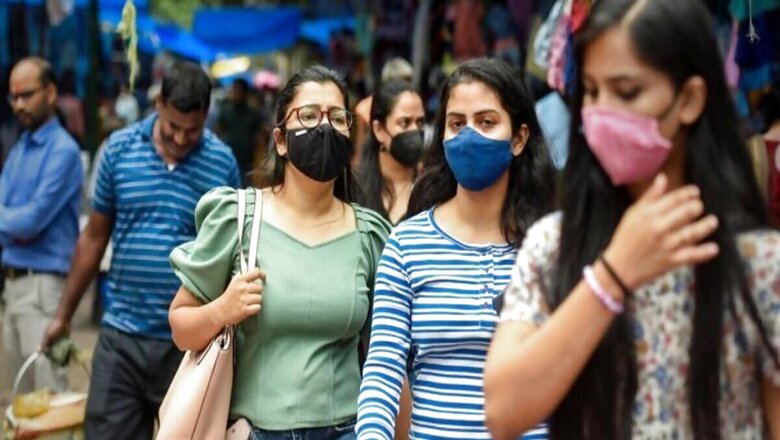
views
When India battled the outbreak of the deadly Covid pandemic, many men and women were working at the forefront to take the bull by its horns.
On this International Women’s Day, News18 takes a look at some of those women who worked round the clock to ensure the smooth functioning of key departments in government buildings including the work on diagnosis, prevention, research, development, and health policies.
Preeti Sudan, former secretary, of the Ministry of Health and Family Welfare headed the government’s effort at the time of the outbreak when no one knew what the novel coronavirus virus was.
Dr Priya Abraham, former director of the National Institute of Virology in Pune along with her team made a breakthrough by isolating the coronavirus. This gave India a first-mover advantage and helped in understanding the disease better. Later, it helped in the making of the country’s vaccine story.
Dr Renu Swarup, former secretary at the Ministry of Science and Technology’s Department of Biotechnology (DBT), led the Covid-19 vaccine, diagnostics, and genome sequencing mission for India.
Sudan and Swarup retired recently after handling their Covid responsibilities at their respective departments while Abraham has now moved to Christian Medical College, Vellore, after the end of her tenure at NIV.
Preeti Sudan, former health secretary
Sudan, a 1983-batch IAS officer from the Andhra Pradesh cadre, recalls the time when she first heard of some medical emergency growing as a threat in China.
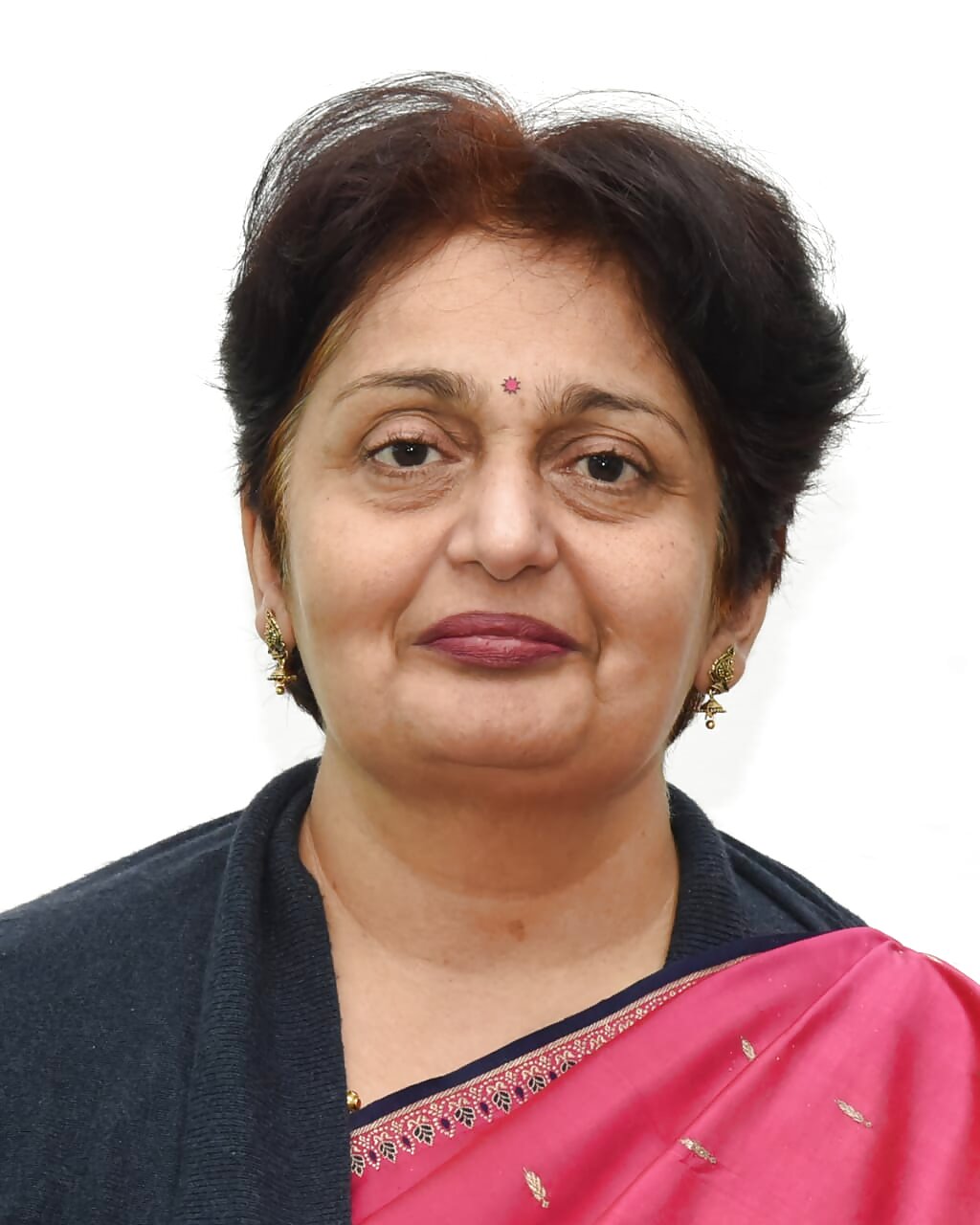
“In late December 2019 and early January 2020, there were social media reports of unknown influenza in China but nothing official was forthcoming either from China or from WHO,” she told News18.
The thought was that as a country, India handled Nipah in 2018 and 2019, she said.
“We had ensured that with multisectoral, proactive, state, and central agencies working in close coordination, the infection did not cross the borders of Kerala. India also handled Zika. So one had confidence in all related agencies: Indian Council of Medical Research, Department of Health Research, states, and others,” Sudan said.
Though human-to-human transmission was acknowledged by WHO only around January 22, India cautioned against travel to China on January 16, 2020.
“It was an anticipated fear coming true. At the same time, one knew that ‘together’ we could handle this too,” she said. “Handling the early Covid response was the most challenging part of my career, and at the same time, I feel it made me a better person too.”
Sudan, who is an MPhil in Economics and an MSc in Social Policy and Planning from the London School of Economics, has served in multiple government departments.
She also served as Secretary of the Department of Food & Public Distribution, and in the ministry of Women & Child Development and Defence.
She never felt that as a woman, she had to do a “balancing act”.
“I feel children of working women are more independent, understanding and adjust well to the pressures of work faced by mothers. My mantra has been doing your best where you are, at the office and at home, when intentions are good, everything works out,” she said.
A woman, especially a mother, cannot but multi-task, said Sudan. As a woman, she said, “our minds are more tuned to gathering nonverbal signs of danger, of trust, of affection, etc. Today, I have many stories to tell my children and grandchildren! Personal integrity, courage to change course if required for the greater good, and support of seniors and colleagues have made this possible.”
Dr Priya Abraham, former director of NIV
As the head of the National Institute of Virology (NIV), Abraham’s team isolated the SARS-CoV-2 virus.
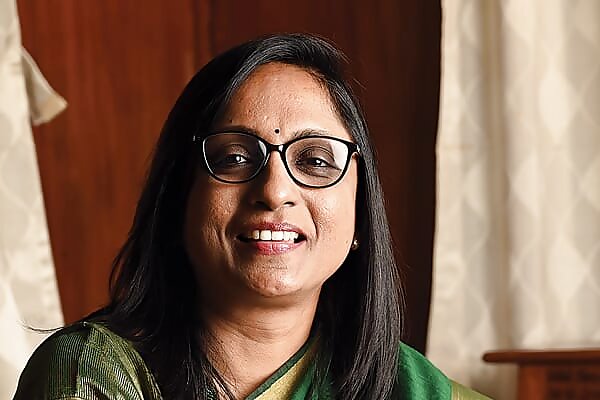
“When we first learnt about this unknown pathogen and the disease it was causing, we were curious yet a bit concerned,” Abraham told News18.
ICMR-NIV’s response to the growing number of cases in China was proactive.
“My scientific colleagues formed two teams: those that studied the clinical presentation of this new disease and those who proceeded to get laboratory-ready to detect this new pathogen,” she said.
Her teams worked closely. “We knew that it was only a matter of time before the agent came into our country. Nevertheless, when we detected our first case, I felt a huge sense of responsibility before I broke the news to ICMR headquarters,” Abraham said.
She believes the contribution of women in ICMR-NIV was phenomenal.
“Not just the scientists, but technicians and administrative staff really rose to the need beyond the call of duty. Many of them had young children and it was hard travelling through the city during the lockdown in 2020. I issued special passes for them. Early in the pandemic, their neighbours in housing societies were apprehensive about these staff coming to work with the virus,” she said.
Abraham recalled that the toughest part of her career was when she was a young mother trying to balance work with quality time for her family. “My husband was very supportive and so were our parents. I was lucky and was able to stay focussed on my work,” she recalled.
Overall, she said, balancing the personal and professional fronts is tougher in one’s younger years when one has a young family.
“Even as a young mother, I did not expect any let-up, which meant working harder on both fronts to progress in one’s career,” said Abraham.
During the Covid-19 times, she lived alone in Pune and kept very long working hours to meet the demands of running a key institute within the government.
“Looking back, I will say the journey was tough in the early years but has proved to be very rewarding. It is important that no matter what the pressure, we remain approachable and good listeners to one’s colleagues; that way the team works better,” she said.
Dr Renu Swarup, former secretary, Department of Biotechnology
It was Swarup who prepared India for testing – the first step to catch hold of the virus.
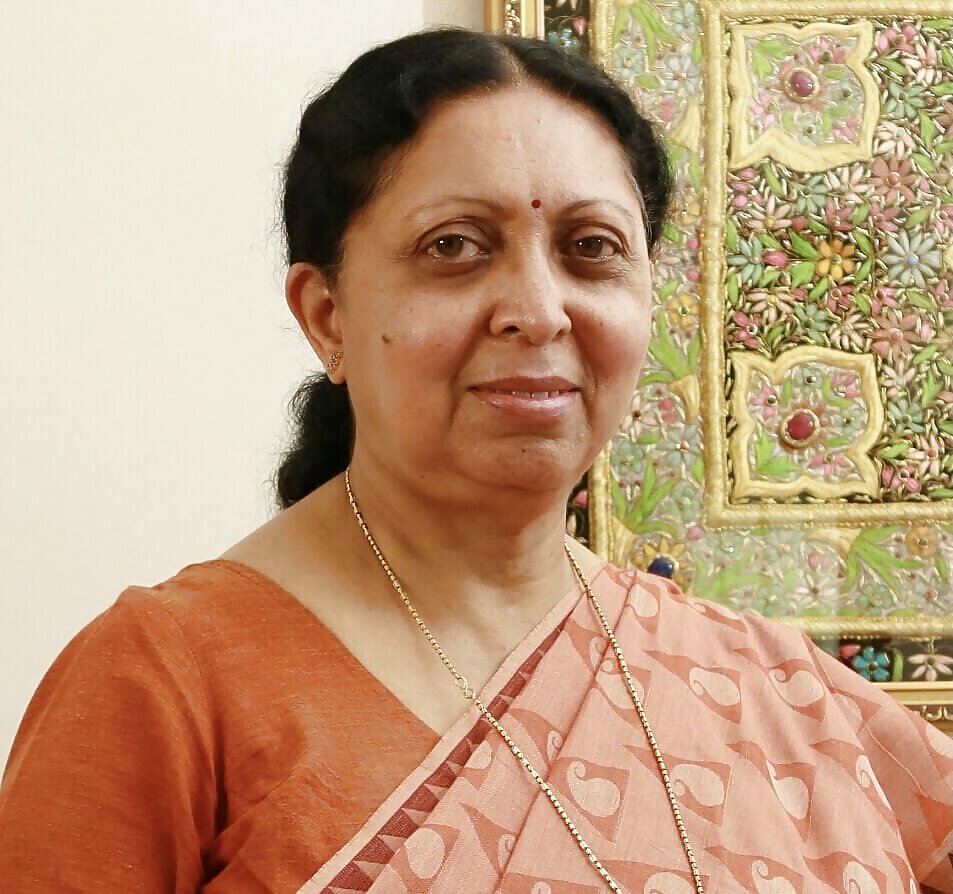
The first mantra given by WHO to the globe to stop the spread of the novel coronavirus was “testing, testing and testing.”
Swarup and her team made it possible along with many other things.
“We first call it ‘some RNA virus’ which later came to be known as Covid-19. We had our blueprint ready by the first week of February,” she said.
From importer of testing kits to exporter of made-in-India testing kits – Swarup’s team worked hard with the industry, scientists and other government departments.
She made India ready to face the pandemic from the “scientific perspective”.
Swarup – who worked with the Ministry of Science and Technology, Government of India, for over 30 years – believes in giving 100 per cent to everything she does, be it personal or professional.
She also held additional charge of the post of secretary at the department of science and technology as the first woman to do so.
“Striking balance is the key. Challenges will come everywhere in life. Everyone has to find their own path despite the challenges and roadblocks. Be like a river,” said Swarup.
She said she has lived a “satisfactory career” and got a “huge opportunity” with the Covid outbreak at the closure of her career. “I am glad that I was able to provide a scientific response to manage the outbreak of Covid-19 in India.”
Read all the Latest India News here











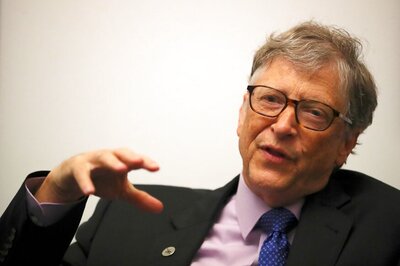

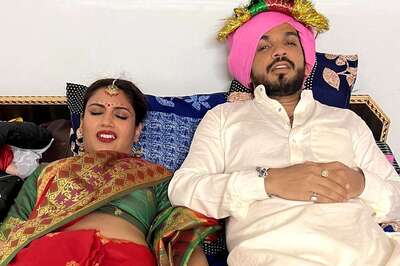
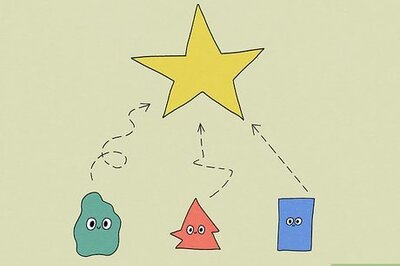




Comments
0 comment